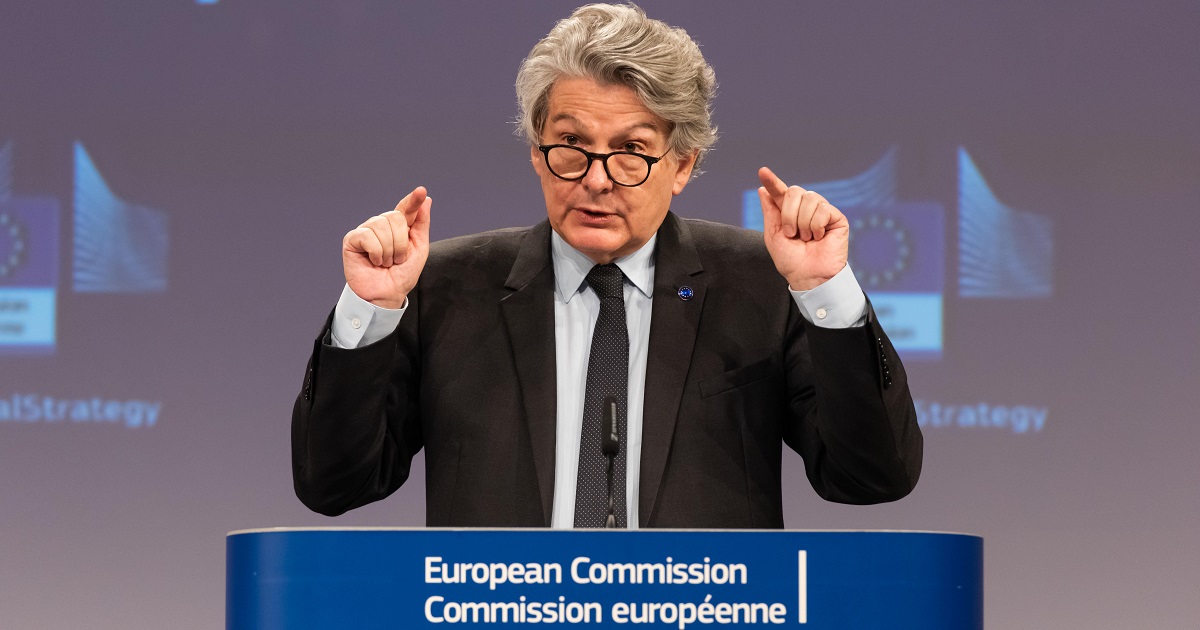“In 2017, the Commission decided to reduce its activities related to the application of Articles 49 and 56 of the Treaty on the Functioning of the European Union in the gambling sector. The Commission remains consistent with this decision and does not plan to address the lack of regulatory convergence and consumer protection through sectoral EU legislation on gambling. Commission Recommendation 2014/478/EU on principles for the protection of users of online gambling services is not binding and does not interfere with the right of Member States to regulate gambling services in compliance with the law of the EU. However, there is no sector-specific EU legislation on gambling. Member States are free to regulate gambling, provided that such regulations remain in line with the internal market rules established by the Treaty as interpreted by the Court of Justice of the EU. Gambling regulations, including in relation to consumer protection and enforcement, therefore vary considerably between Member States. In the area of horizontal EU consumer protection, the Commission is carrying out a fitness check to determine whether existing consumer protection legislation ensures a high level of protection in the digital environment, e.g. of interfaces that can influence consumer decisions or create digital addiction".
This is what the European Commissioner for the Internal Market and Services explained, Thierry breton (pictured), answering theinterrogation presented last November by Ignatius Corrao (Verts/ALE) calling for Commission action following the football betting scandal in Italy.
Here is the text of the question:
“The Italian investigation into illegal betting by footballers has highlighted the growing problem of gambling addiction in Italy. The EGBA report reveals that the sector in Europe generated 108,5 billion euros in revenue in 2022, and expects to generate 134 billion by 2027. Italy banned gambling advertising in 2018.
The sector would need a common framework to achieve regulatory convergence and adequate uniform consumer protection across the EU, but this is unlikely to be achieved without further measures taken at European level.
The Commission apparently decided to relegate issues related to gambling to the background despite the fact that recommendation 2014/478/EU failed to guarantee regulatory uniformity and convergence.
The greater availability and growing interest in administrative cooperation between Member States compared to 2014 could lead to greater support for direct, mandatory and harmonizing measures on gambling, thus allowing the original objectives to be achieved more effectively. provided for in the recommendation.
Can the Commission answer the following questions:
- Does it intend to address the lack of regulatory convergence and consumer protection in the gambling sector?
- How do you overall assess the implementation of the principles of Recommendation 2014/478/EU by the Member States and the results achieved by it?
- What initiatives have you planned, or do you intend to promote, regarding the regulation of gambling and cooperation between Member States?”.












